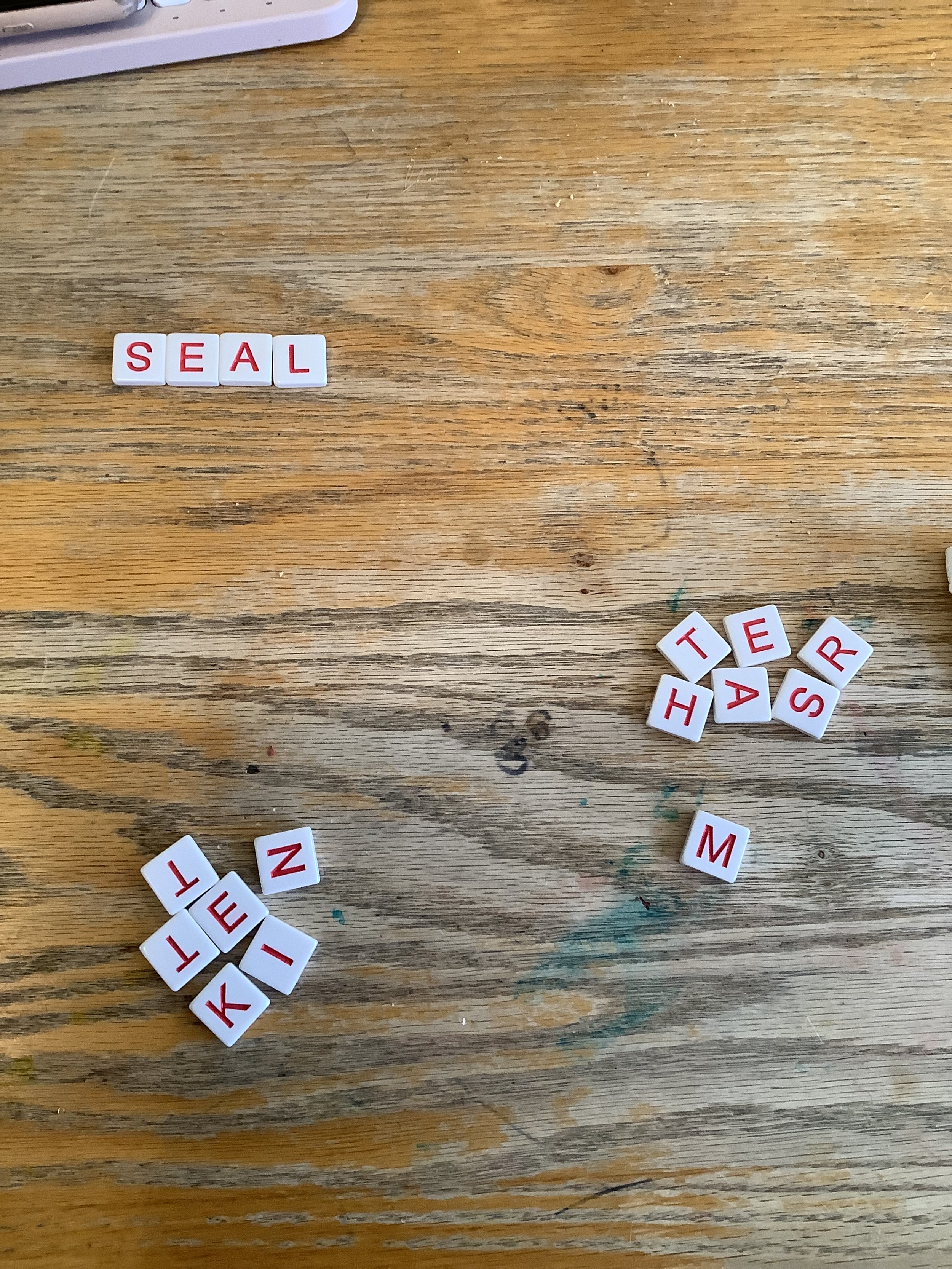
“Every child deserves a champion—an adult who will never give up on them, who understands the power of connection, and insists that they become the best that they can possibly be.” - Rita Pierson, Educator
Program Building Blocks
01 — Emotional Regulation
Emotional regulation is a person’s ability to manage and respond to an emotional experience. Often, emotions can feel confusing or overwhelming, especially when the trigger seems minor to others. By getting to know how our bodies feel in different emotional experiences, we can learn to recognize and care for ourselves before the experience becomes all-encompassing. Healthy regulation strategies help us prevent meltdowns, while also giving us tools for when emotions do overwhelm us.
02 — Frustration Tolerance
Frustration tolerance, part of our window of tolerance, is part of emotional regulation. Frustration is a normal human reaction to difficulties, but by building up our toolkit to handle frustration we can learn to persevere and overcome difficult challenges. By guiding learners through small challenges and developing our skills, we can build on their ability to manage reactions to minor stressors. These regulation practices can then be applied to all stressors. People with a higher frustration tolerance have a higher self-esteem, more optimistic outlook, better relationships and are overall more resilient.
03 — Social Awareness
Recently added to the BC school curriculum, social awareness involves the understanding and appreciation of connections with others and our environment. This includes emphasis on treating others, our community and nature with respect and kindness. For neurodiverse minds, the social protocols the world runs on can feel confusing or unknown, so active discussions of scenarios, experiences and feelings can help build understanding.
04 — Body Awareness
With so many thoughts and experiences inside our mind, we can become disconnected from our body as a whole. Physical self awareness emphasizes body sensations from feelings, interception of hunger and thirst, and other physiological needs. We will also engage in physical activities that develop our spatial awareness of our bodies, and our gross and fine motor control skills.
Program Pricing
All programs are individualized to child needs, as emotional regulation, behaviour support and frustration tolerance is woven in with academics, social and physical skills. Based on family and learner’s needs, programs run in 2-5hr weekly (or bi-weekly) blocks.
Pricing is $52 per hour, with 30mins prep billed per session.
Focusing on social experiences and peer relationships? Small group sessions can be created to build on peer connections in a neuro-affirming environment. Please reach out for pricing details.
Want to build on aquatic safety in a 1:1 environment? As a certified swim instructor with seven years of life guarding and teaching swim lessons, basic aquatic skills can be built into learning programs.
Program Fees Include:
Transportation/transit
Tools and manipulatives
Arts and project supplies*
Program/lesson prep time
*subject to individual needs: additional fees will always be discussed prior to activity
Cancellation Fees: $52 charge for program prep time if under 24hr notice, with a full session billed if under 6 hours notice.
Prep time includes: Communication time, Program Planning and Research, Administration and Professional Development
Where does this happen?
All programs can take place in your local area; libraries, parks, and recreation centres, or your own home. A convenient drop-off/pick up location will be chosen based on family and learner needs. Synapse Developing Minds is based in south Vancouver, and serves the Vancouver and Tri-Cities area. During community engagement sessions, we can walk or use public transit to increase learner independence skills, fitness and urban navigation.
